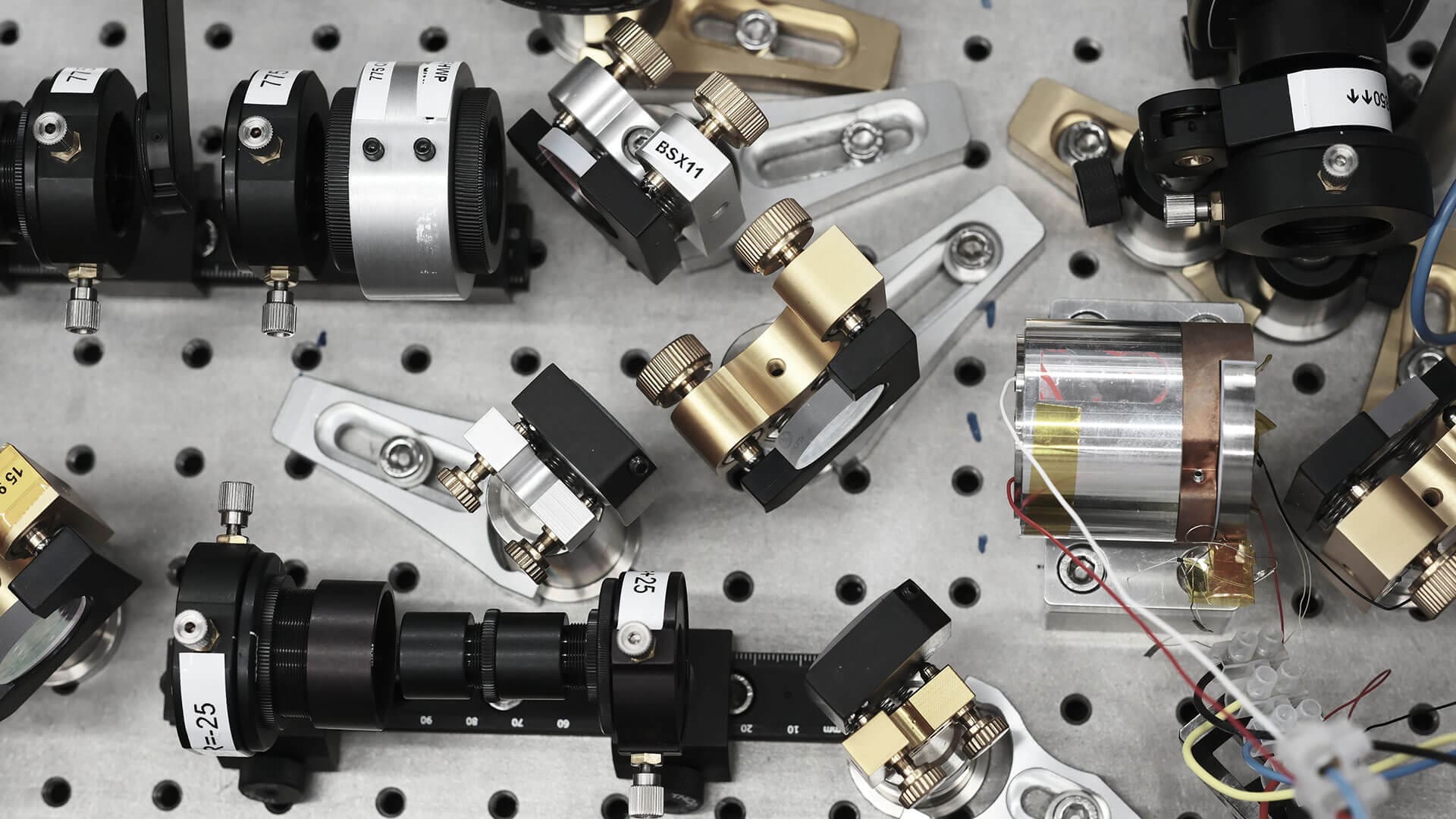The Technical University of Denmark’s (DTU) bigQ centre has demonstrated a significant step towards realising a practical quantum learning advantage. Led by Professor Ulrik Lund Andersen, head of bigQ, and co-Principal Investigator Jonas Schou Neergaard‑Nielsen, the research, published in Science on 25 September 2025, showcases a scalable photonic platform capable of outperforming classical algorithms in certain machine learning tasks. The core of this achievement lies in the development of a system utilising photons – particles of light – to process information, offering advantages in scalability and coherence compared to other quantum computing approaches.
The research, spearheaded by postdoctoral researcher Zhenghao Liu and Ph.D. student Romain Brunel, both affiliated with DTU’s bigQ centre and DTU Physics, focuses on a specific type of machine learning known as classification. The team successfully implemented a quantum algorithm that surpasses the capabilities of classical counterparts when tasked with categorising data. This demonstration of a quantum learning advantage is not merely theoretical; the system’s design prioritises scalability, a crucial factor for practical applications. The photonic platform allows for the relatively straightforward addition of more qubits – the quantum equivalent of bits – paving the way for tackling increasingly complex problems.
This collaborative effort extended beyond DTU, incorporating researchers from the University of Chicago, the Perimeter Institute, the University of Waterloo, the California Institute of Technology (Caltech), the Massachusetts Institute of Technology (MIT), and the Korea Advanced Institute of Science and Technology (KAIST). The breadth of expertise brought to bear underscores the interdisciplinary nature of quantum machine learning and the global effort required to advance the field. While the specific classification task employed in the demonstration remains undisclosed, the successful implementation of a quantum algorithm with a demonstrable advantage signals a potential paradigm shift in how machine learning problems are approached.
DTU Physics Achieves Scalable Photonic Quantum Computation Milestone
The achievement of a scalable photonic quantum computation milestone, as demonstrated by DTU Physics and the bigQ centre, rests upon a carefully constructed platform leveraging the unique properties of photons. Led by Professor Ulrik Lund Andersen, head of bigQ, and co-Principal Investigator Jonas Schou Neergaard‑Nielsen, the research, published on 25 September 2025 in Science, prioritises scalability as a key element in realising practical quantum computation. This focus distinguishes the work, as many quantum systems struggle to maintain performance while increasing the number of qubits – the fundamental units of quantum information. The system’s architecture, developed at the Technical University of Denmark (DTU), allows for the relatively straightforward addition of further qubits, a crucial step towards tackling more complex computational challenges.
The photonic platform’s development was spearheaded by postdoctoral researcher Zhenghao Liu and Ph.D. student Romain Brunel, both affiliated with DTU’s bigQ centre and DTU Physics. Their work centres on utilising photons – particles of light – to encode and process information, offering inherent advantages in coherence and scalability compared to systems relying on other physical qubits, such as superconducting circuits or trapped ions. While the specific technical details of the photonic circuit remain proprietary, the design allows for the manipulation of individual photons and their entanglement – a quantum phenomenon where particles become linked and share the same fate, regardless of the distance separating them – to perform computations.
This research builds upon a collaborative effort extending beyond DTU, incorporating expertise from researchers at the University of Chicago, the Perimeter Institute, the University of Waterloo, the California Institute of Technology (Caltech), the Massachusetts Institute of Technology (MIT), and the Korea Advanced Institute of Science and Technology (KAIST). The involvement of these institutions highlights the interdisciplinary nature of quantum machine learning and the global scale of the endeavour to unlock the potential of quantum computation. The collaborative approach facilitated the sharing of knowledge and resources, accelerating the development of this scalable photonic platform and contributing to the broader advancement of quantum technologies.
